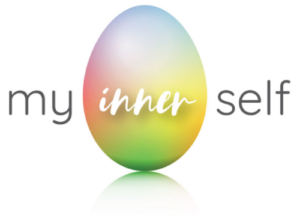Why did I decide to call my company ‘My Inner Self’ and not Carol Fenner Alternative Healing for example?
This conscious decision occurred back in 2011, where I was brainstorming with a web designer, who had also been a work colleague. I felt determined not to use my actual name, because I wanted to speak more broadly to people, using language that people often don’t connect to.
What is My Inner Self? Where is it and what does it feel like? What does it do? These are some of my thoughts below.
- Conscious Awareness: This refers to our ability to perceive and comprehend our thoughts, feelings, sensations, and surroundings. It involves deliberate attention and rational thought processes. When we are consciously aware, we are actively engaged in decision-making, problem-solving, and self-reflection.
- Unconscious Choices: These are decisions and behaviours that occur without our conscious awareness or deliberate intention. They are often driven by deeply ingrained habits, automatic responses, past experiences, and subconscious influences. While we may not be aware of them in the moment, they can profoundly impact our lives and relationships.
- Self-Reflection: Taking time for introspection allows us to explore our inner thoughts, emotions, and motivations. Journalling, meditation, and mindfulness practices can facilitate this process.
- Exploring Values and Beliefs: Identifying our core values and beliefs helps us understand what matters most to us and guides our choices and actions.
- Emotional Awareness: Recognising and acknowledging our emotion – both positive and negative – helps us better understand ourselves and our reactions to different situations.
- Connecting with Intuition: Intuition often arises from our inner wisdom and can provide valuable insights and guidance. Learning to trust and follow our intuition can lead to more authentic and fulfilling experiences.
- Examining Patterns and Habits: Reflecting on recurring patterns of behaviour and habits can reveal underlying fears, desires, and unresolved issues that may be influencing our choices.
- Alignment: When our actions and decisions align with our inner values, beliefs, and desires, we experience a sense of authenticity and fulfilment. Conscious awareness allows us to make intentional choices that honour our Inner Self.
- Conflict: Inner conflicts may arise when our conscious desires and beliefs clash with unconscious fears, insecurities, or societal expectations. Recognising and resolving these conflicts requires self-awareness and introspection.
- Growth and Development: Developing a deeper understanding of our Inner Self enables personal growth and development. It allows us to overcome limiting beliefs, heal emotional wounds, and cultivate greater resilience and self-compassion.



